A well-designed home interior is essential to a fulfilling life. Living spaces profoundly influence our mental and physical well-being, making it crucial to prioritize thoughtful design choices. A well-designed space can reduce stress, improve focus, and boost creativity. It can also create a more inviting atmosphere, making it easier to enjoy spending more time there. In this blog, we will explore 13 ways to design a house that boosts well-being, so you can create your very own oasis of tranquility and comfort.
1. Natural Elements
Adding natural elements like wooden furniture and stone or marble countertops to your home design not only makes it look great but also connects you with the outdoors. These choices bring warmth, comfort, and sophistication to your living space, making it cozy and inviting.
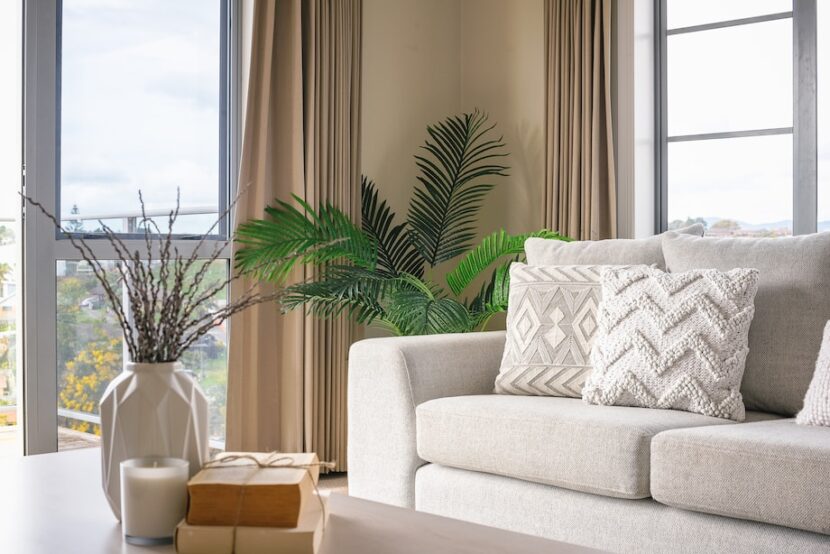
Using natural materials is not just about looks; it’s also good for the environment. Wood, which comes from trees that can be replanted, and stone, which naturally breaks down over time, are eco-friendly choices that reduce environmental impact. So, not only do these elements enhance the overall look of your home, but they also show your commitment to a stylish, inviting space that cares for the Earth.
2. Ample Natural Light
Designing spaces that maximize natural light contributes to a brighter and more uplifting ambiance. Embrace light-filtering window treatments to soften the sun’s rays and create a welcoming atmosphere. Replace heavy curtains with lighter fabrics or sheer curtains that allow natural light to filter through. Keep windows clean and free from obstructions to maximize natural light. Consider adding mirrors to bounce natural light around the room.
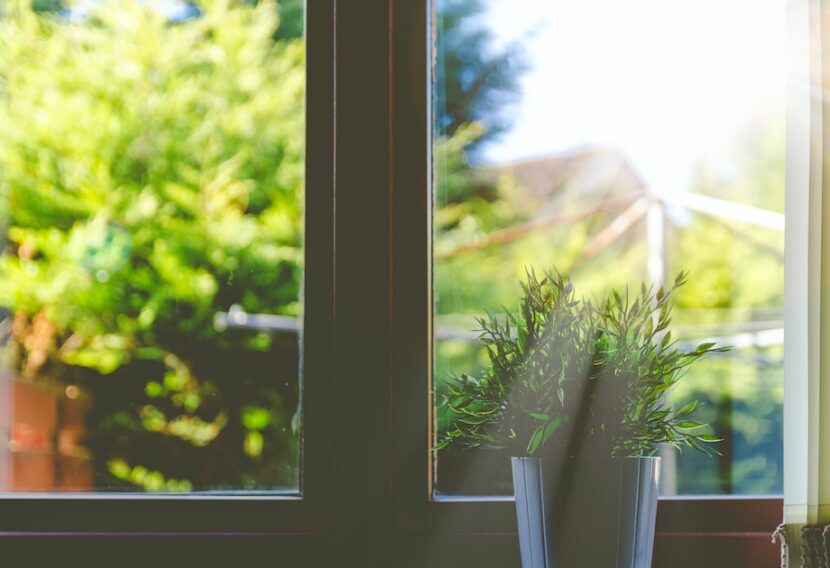
3. Tranquil Color Palette
Selecting calming colors for your walls and decor sets the tone for a peaceful atmosphere. Consider incorporating soft blues, greens, and neutral tones, and use accent colors sparingly to add vibrancy without overwhelming the space. Avoid using loud colors or busy patterns, as these can be distracting. Instead, opt for simple, elegant patterns and soothing textures.
4. Rugs and Flooring
Enhance your living spaces with classic rugs, providing extra warmth and comfort. These rugs add color and depth to your home decor and help define various zones within a room. Also, rugs prevent wear and tear on your floors. Furthermore, they are easily replaceable and can be updated with the seasons or trends.

5. Multi-Functional Spaces
Creating rooms with multiple functions maximizes the usefulness of your living space. Invest in furniture with built-in storage to reduce clutter and maintain versatility. Choose flexible pieces like sofa beds or fold-out chairs that can easily adapt to various activities.
Incorporate space-saving solutions like wall-mounted shelves and baskets. Consider multifunctional furniture, like a coffee table with hidden storage, combining practicality and style in your living areas.
6. Scented Candles and Aromatherapy
Introduce scented candles to bring a sensory dimension to your home, opting for soothing scents that promote relaxation. Enhance the aromatic ambiance further by using essential oil diffusers to infuse your living space with calming aromas.
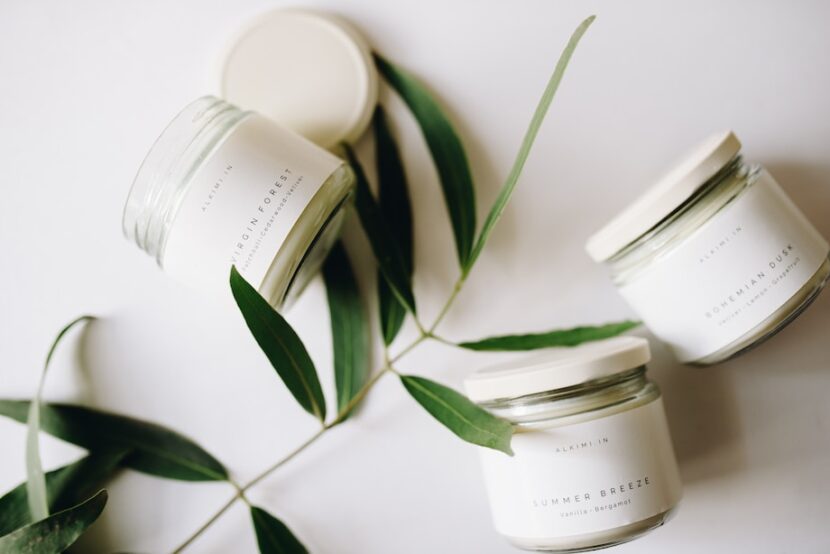
These scents not only evoke pleasant memories but also contribute to an overall atmosphere of peace and tranquility. The combined effect creates a calming environment that can positively impact both your physical and mental well-being.
7. Personalized Art and Decor
Displaying meaningful artwork and incorporating personal touches creates a sense of identity and belonging within your home. Surround yourself with items that hold sentimental value and remind you of loved ones to enhance the emotional connection to your space.
For example, you could display a framed picture of them or hang a painting that reminds you of them. You could also add items that represent your hobbies and interests, such as a travel journal or a collection of books.
8. Cozy Reading Nooks
Create inviting corners dedicated to reading and relaxation. Integrate plush seating, good lighting, and bookshelves to fashion a cozy retreat within your home.
Consider adding a reading lamp and other accessories to create a warm and inviting atmosphere. Add a few plants to create a calming ambiance. And don’t forget to add a throw blanket for extra comfort.
9. Ambient Lighting
A well-thought-out lighting scheme can transform the mood of your living spaces. Utilize a variety of lighting sources, including overhead lighting, task lighting, and ambient lighting, to cater to different activities and moods.
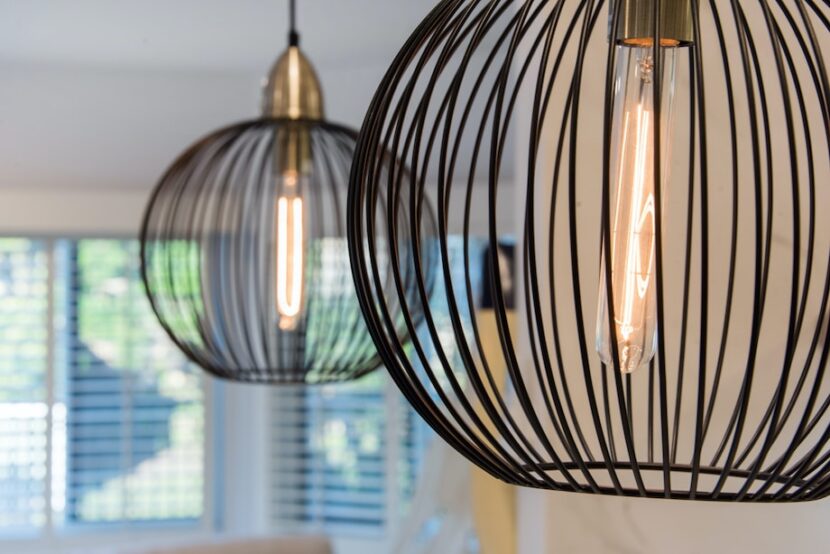
10. Comfortable Furnishings
Choosing furniture that is both cozy and ergonomic is crucial for establishing a comfortable living environment. Opt for soft, plush textiles for your furniture and throw pillows to add an extra layer of comfort to your home.
Investing in high-quality furniture is not just an aesthetic choice; it’s a commitment to your well-being. Good furniture plays a pivotal role in reducing back and neck pain, promoting better posture, and mitigating fatigue, ultimately contributing to increased productivity.
11. Smart Home Integration
Incorporate smart home devices for added convenience and efficiency. Smart lighting systems and climate control not only enhance energy efficiency but also contribute to a more technologically advanced and comfortable living environment.

12. Decluttering and Organization
Adopt minimalist design principles to maintain a clutter-free environment. Stylish storage solutions not only enhance the visual appeal but also contribute to a more organized and stress-free living space. Using the principle of minimalism, you can reduce clutter by organizing your belongings and getting rid of items you no longer need.
It is also important to create a space that is easy to maintain and clean. Finally, opt for storage solutions that are multi-functional and can be adapted to changing needs.
13. Indoor Plants
Incorporate plants into your interior design to seamlessly bring nature indoors, elevating air quality and fostering a serene atmosphere. Not only do plants contribute to a calming ambiance, but they also play a vital role in purifying the air, reducing noise levels, and alleviating stress.
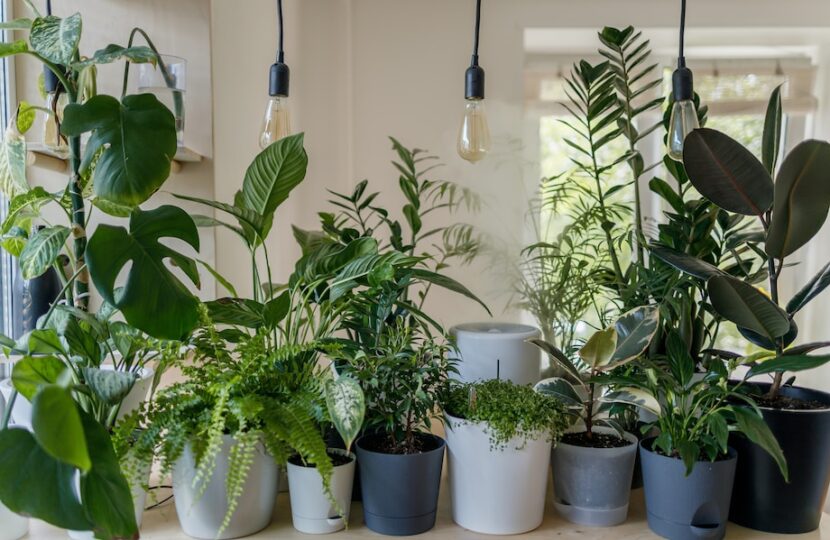
Additionally, their ability to absorb carbon dioxide and release oxygen not only benefits the environment but also contributes to lower energy consumption. This creates a harmonious and eco-friendly living space.
Conclusion
Applying these 13 design principles helps you create a home full of happiness and comfort. The key is to make it uniquely yours by choosing things you really like. Let your home show off your style, mixing comfort, joy, and a cozy atmosphere that adds to your well-being. Turn it into more than just a space; make it your own special place where relaxation and happiness come together smoothly.
The post How to Design a House That Boosts Your Well-Being appeared first on YourAmazingPlaces.com.


No comments:
Post a Comment